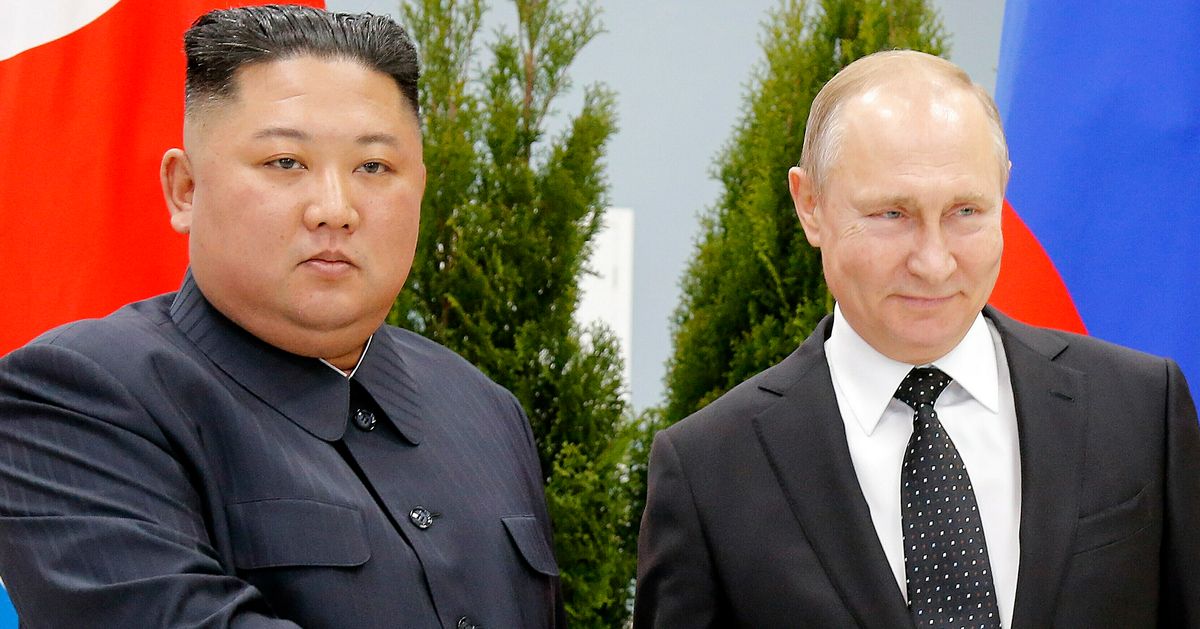Key takeaways:
- Vice President Kamala Harris has warned against a partnership between Putin and Kim.
- The G20 summit in New Delhi will be an opportunity for the world’s wealthiest nations to discuss global issues.
- Harris’s warning is a reminder of the potential consequences of such an alliance.
Vice President Kamala Harris has warned that it would be a “huge mistake” for Russian President Vladimir Putin and North Korean leader Kim John Un to meet following a warning from U.S. officials that arms negotiations between the two countries are “actively advancing.” According to the Times, Putin is looking for more weapons for his country’s war in Ukraine, and Kim is seeking “advanced technology for satellites and nuclear-powered submarines” and food.
The potential return of Donald Trump to power looms over the G20 summit in New Delhi this weekend, where President Joe Biden and other leaders of the wealthiest nations will meet to discuss ways to reduce global poverty, curb climate change, and end the war between Russia and Ukraine. In an interview with CBS’s “Face the Nation” set to air in full Sunday, Harris warned that the partnership between Putin and Kim would backfire.
The last American president to visit India, Donald Trump, received a celebratory welcome with billboards featuring his image and tens of thousands of people jammed into the world’s largest cricket stadium. Biden’s approach to foreign policy is more internationalist than Trump’s “America First” policy, which could upend old alliances and agreements.
The G20 summit in New Delhi will be an important opportunity for the world’s wealthiest nations to come together and discuss ways to address global issues. Harris’s warning against a partnership between Putin and Kim is a reminder of the potential consequences of such an alliance. It remains to be seen how the summit will affect the future of international relations.



Be First to Comment